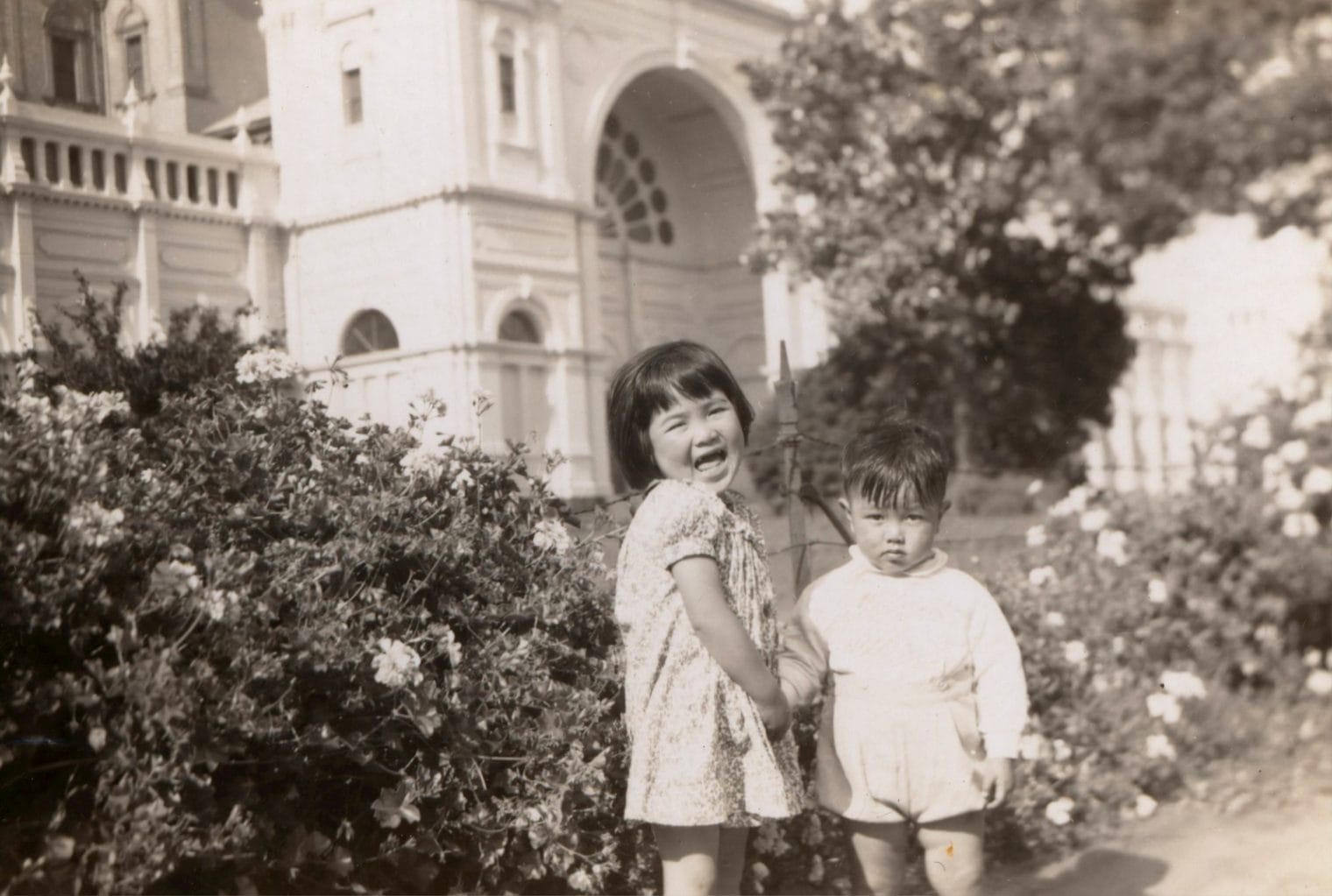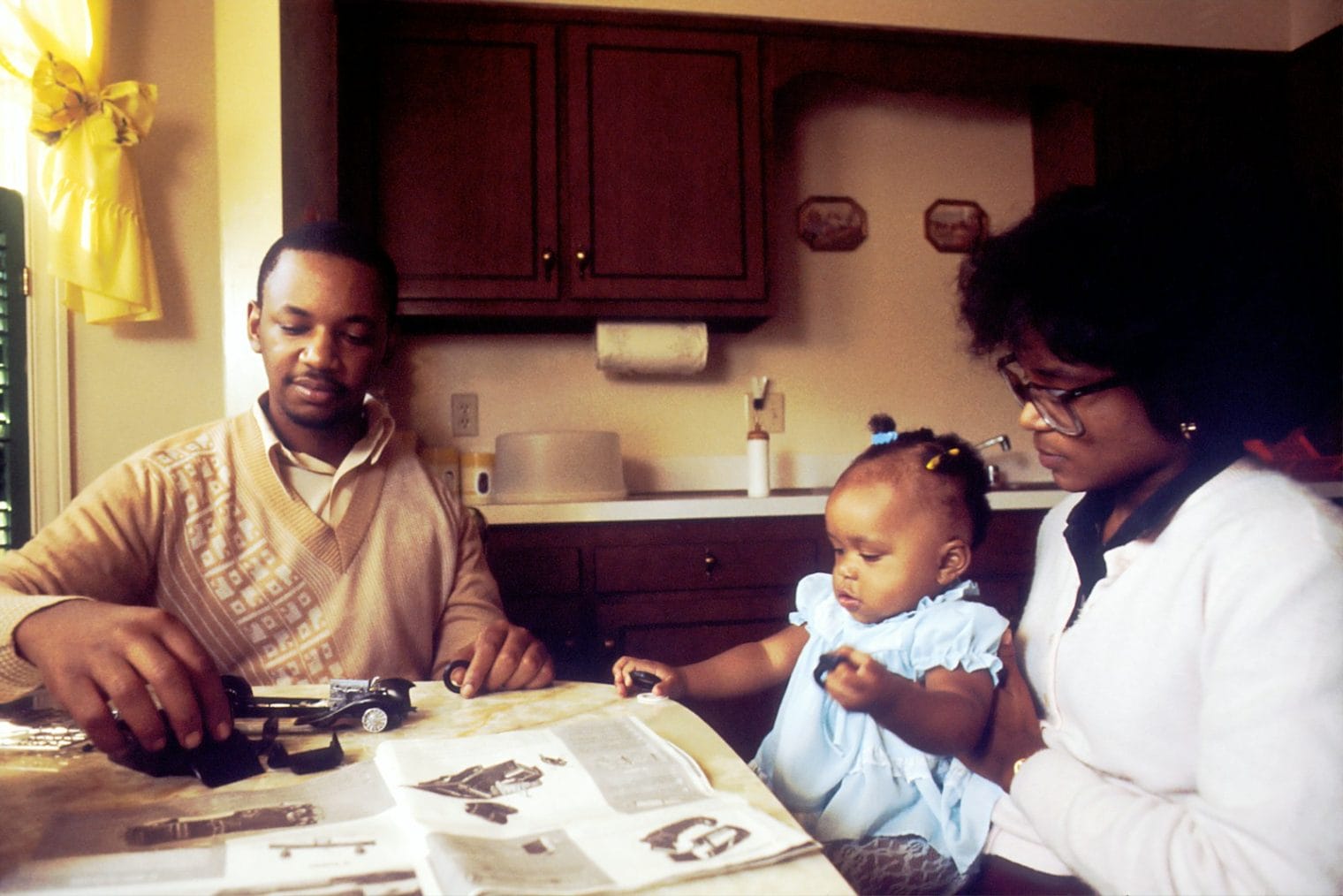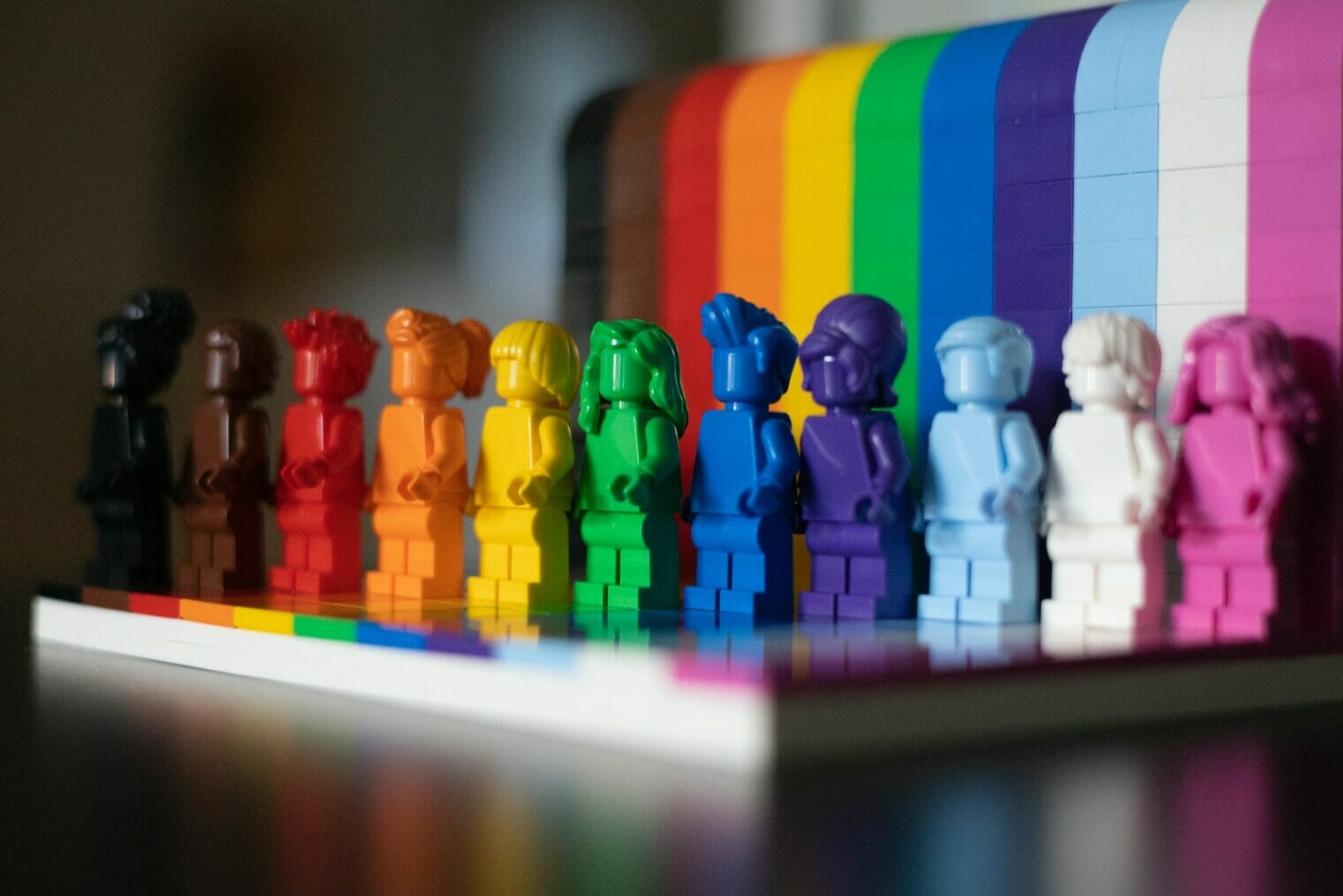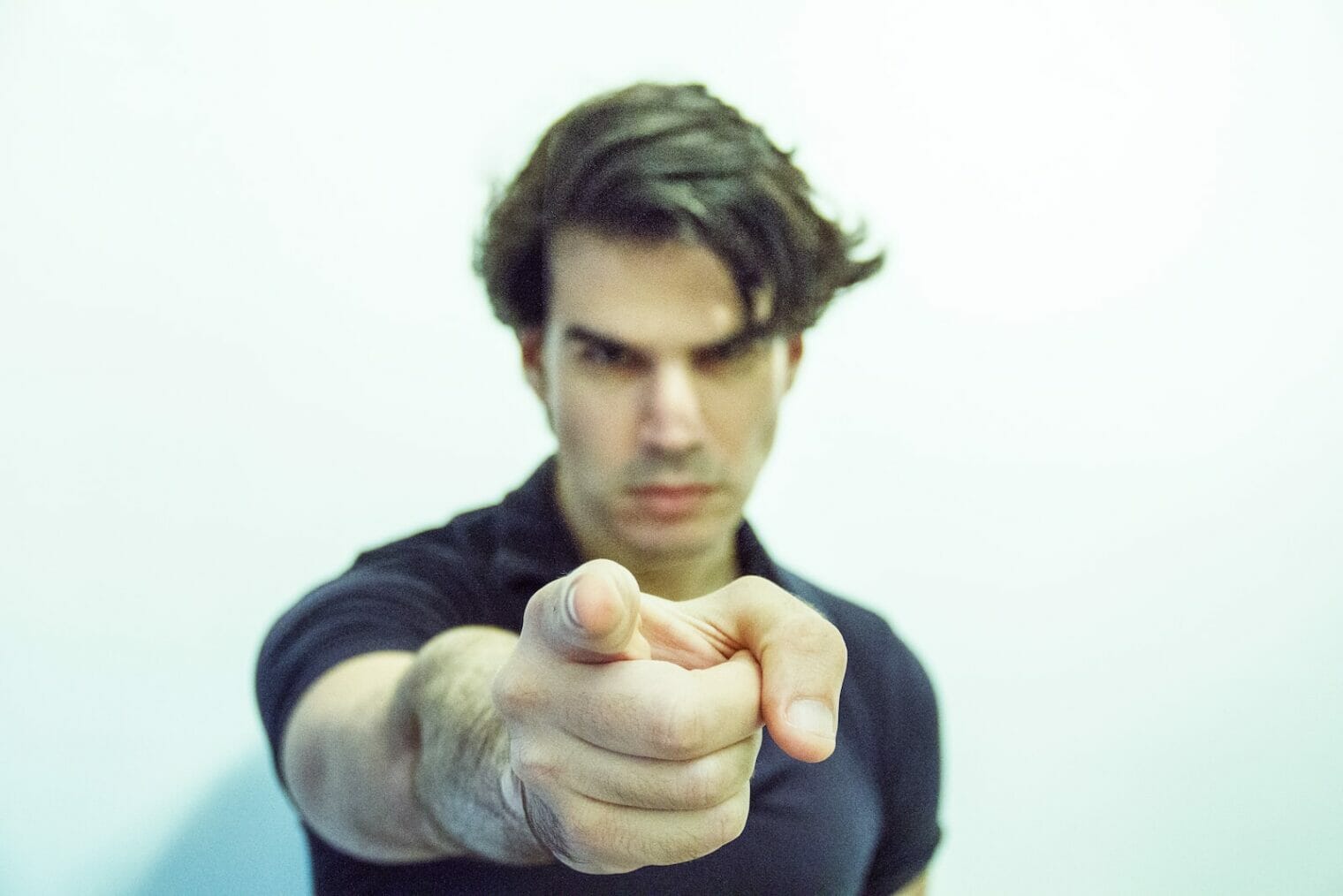One of our volunteers thanked me for believing in her and “I love you.” I was taken aback for a moment because she’s Asian, and we Asians don’t tell each other, “I love you!” 😭 Only Westerners and movies do that mushy emotional stuff. We only dream about it. Asian parents give kids food or buy kids stuff.
Growing up, my parents never said “I love you”—not to me and not to each other. Just the same way their parents never said it to them. They will say “good job,” and sometimes even “I’m proud of you” when I perform well or win an award. And that kind of felt like love to the kid me, so I spent decades chasing achievements, trying to outdo myself each time, trying to impress them, trying to get as close to “I love you” as I could.
I’m glad this volunteer surprised me with the “I love you.” “I love you too,” I told her. Sometimes, when I’m pulling in my 13th hour at work and wonder whether I should have just stayed in retirement comfort, going to my yoga classes and massages—I see my teammates striving right alongside me, and my heart is filled with love and gratitude. Immediately, I remember what we are fighting for—the support we wished we had, the unconditional love that we all need, and how our children are raised and nurtured in the future. For social-emotional wellness and behavioral health. We are brothers and sisters in arms, fighting a world that’s trying to tear us down.
We are a family.
I’m not great at verbalizing emotions, especially face to face. Maybe it’s a little scary, or maybe I’m afraid I would embarrass myself. But I told her, “I love you,” just like I did many kids who came for play dates when my daughters were younger. They would often spend more time talking to me than playing. They wanted someone to share their lives with, someone to talk to, and someone who wasn’t too busy. Ten years ago, I realized that a lot of kids are lonely. Everyone in their family is busy—too busy for each other. Our society seems to have gotten caught up in having more–being able to afford a bigger house, an even better car, and more and more trophies that we lost our ability to enjoy and treasure one another.
Let’s wake up, and do things differently.
I’m so fortunate to have found people to wake up with me. I love you, Joymakers! Our wonderful growing family. You guys give me hope.






Leave a Reply